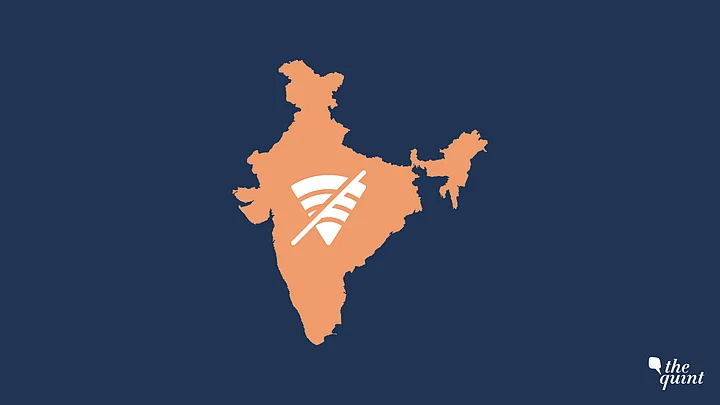The Supreme Court on Friday, 9 September, sought a response from the Centre to a plea alleging arbitrary internet shutdowns in Arunachal Pradesh, Gujarat, Rajasthan and West Bengal, saying it wants to know whether there exists any “protocol” on the issue.
A bench comprising Chief Justice Uday Umesh Lalit and Justices S Ravindra Bhat and PS Narasimha said instead of issuing notices to the four states, which have been made parties to the petition, it would rather issue notice to the Ministry of Electronics and Information Technology (MeitY).
“We issue a notice only to the Centre (MeitY), the Union to indicate whether there are standard protocols with respect to grievance raised,” said the bench.
It was alleged in the PIL, filed by Software Law Center, that internet services have been shut down even for preventing cheating in some competitive examinations.
Lawyer Vrinda Grover told the bench that petitions were filed in high courts in Calcutta and Rajasthan.
“Why can't you move the High Courts? You have already done so,” the bench said, adding the high courts can be urged to follow the apex court judgment in the Anuradha Bhasin case.
In the Anuradha Bhasin Vs Union of India case, the apex court had ruled that an undefined restriction of internet services is illegal and orders for internet shutdown must satisfy the tests of necessity and proportionality.
"The Rajasthan government had told the High court that there will be no internet shut down,” she said, adding that after some time, they imposed the ban.
The lawyer said even a parliamentary committee had said such a measure should not be taken to prevent cheating in examinations.
"They say it is to prevent cheating. But would proportionality permit this... today, when we are doing everything digitally,” the lawyer said.
The PIL petitioner also referred to recent internet shutdowns in Rajasthan during a communal flare-up.
(At The Quint, we question everything. Play an active role in shaping our journalism by becoming a member today.)
